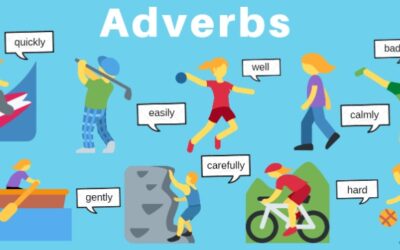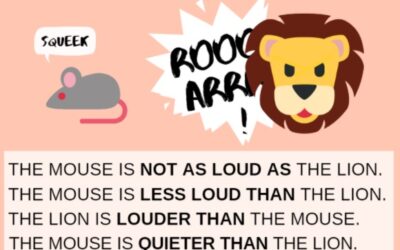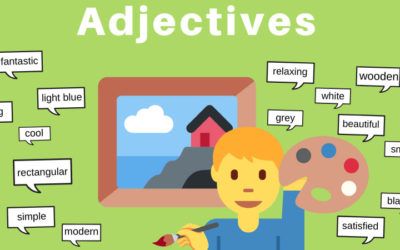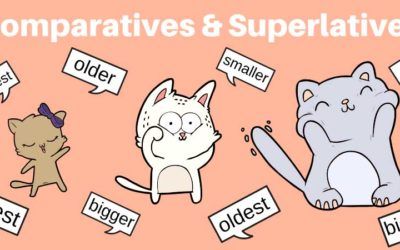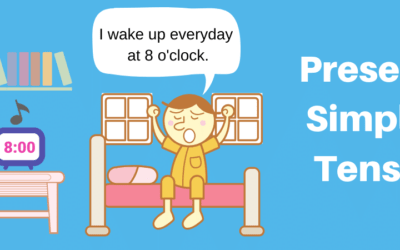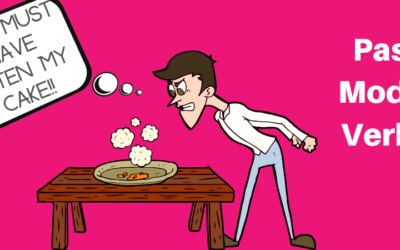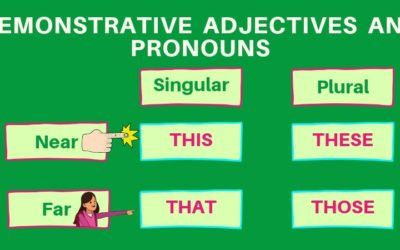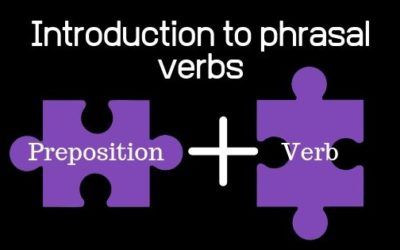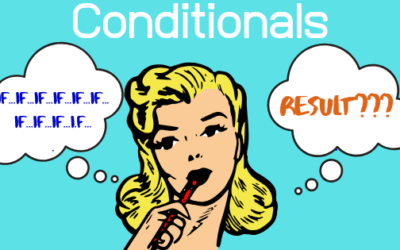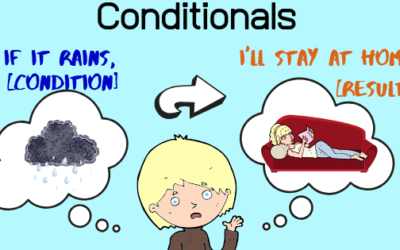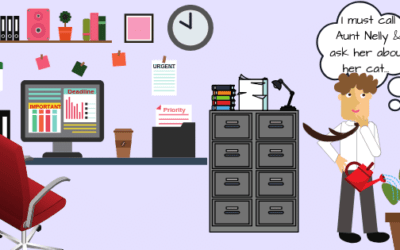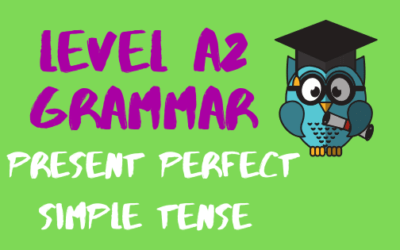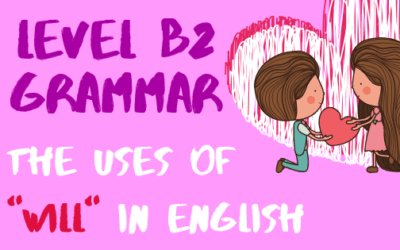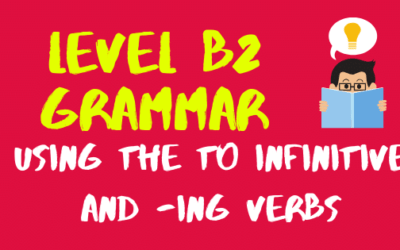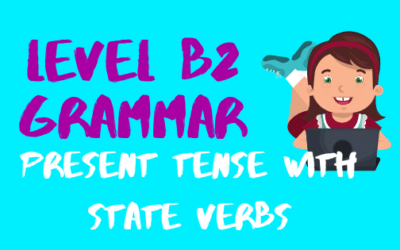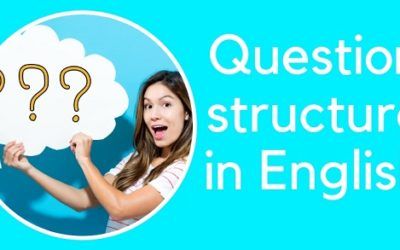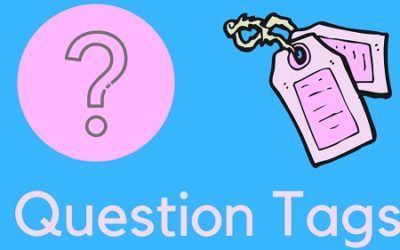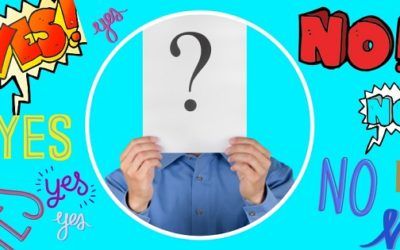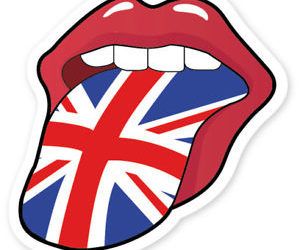The Break Into English Blog
Our blog for learning English contains a collection of articles that will allow you to improve your English in an efficient way thanks to varied topics such as grammar, vocabulary, technical English, English for fun, idioms & expressions, and many more!
Whatever your level and interests, hereunder you will find engaging content adapted to your needs and many student tips that our years of teaching experience have shown to be effective in helping students learn English faster.
So enjoy! And don’t forget that we also offer online English lessons with great native teachers!
Using Adverbs in English
When using adverbs in English there are a few points that you need to know and make sure you get right. ADVERBS DESCRIBE HOW VERBS / ACTIONS ARE DONE There are many types of adverbs In English, usually though, similar to how adjectives help us describe nouns (things...
Adjectives for equal and unequal comparisons
We can use adjectives for equal and unequal comparisons in everyday conversations to describe whether people or objects have similar characteristics or not. Equal adjectives are used when two things are equally similar in terms of a characteristic, whereas unequal...
Adjectives in English explained in pictures
Adjectives are the words we use to describe nouns, things like people, animals, plants, objects, places, situations and experiences. They help us add detail to what we are saying by talking about colour, shape, size and other qualities. For example, adjectives can...
Comparatives and superlatives
In this article we explain how comparatives and superlatives are used using pictures to help make it easier to understand. In English, when we want to make comparisons we use modified adjectives called comparatives and superlatives. Comparative adjectives are used in...
Present continuous explained in pictures
The present continuous tense, sometimes called the present progressive tense, is used for speaking about things that are happening now and still in progress. The action started in the past, continues to the present and will probably continue into the near future....
Present simple explained in pictures
In this article, we will describe the present simple explained in pictures in an easy way to understand. The present simple is used to talk about things in general. We use it to describe actions that happen frequently or situations that are generally true. When you...
PAST MODAL VERBS
Past modal verbs are "must", "could", "might" and "may" with "have" + past participle to talk about suppositions or speculations regarding a past event. This is called the modal perfect tense. Here are some examples of past modal verbs: The cat has escaped - I must...
This, these, that and those
This, these, that and those are demonstrative adjectives or pronouns. We use them to indicate how near or how far a thing is and whether the thing is plural or singular. This and these for items that are closeIf you can touch something, if it is in your hand or very...
Introduction to Phrasal Verbs
Today, in this introduction to phrasal verbs in the English language I want to show you how native speakers like myself use these composite verbs in familiar and professional settings. Hopefully, when you finish reading this article and have seen the images with clear...
2nd and 3rd conditional structures
We use conditional structures to speculate about things that could happen in the future and things that might have happened in the past. Most conditional sentences in English use the word “If” and describe a condition and the result if that condition is true....
Music and adjectives of personality
Today’s general English article is about music and adjectives of personality - how the music we listen to can actually say a lot about the type of person we are. Did you know researchers can now accurately predict how creative, open-minded or selfish someone is after...
Zero and First conditional structures
Using the zero and first conditional structures correctly is important for beginner level learners and more experienced English students. The grammatical structures are easy to learn and simple to remember with our examples and pictures in this post. You can see some...
5 ways to help employees stop procrastinating in the workplace
Help employees stop procrastinating with today’s business English article about how to manage employees that can’t seem to complete their tasks on time. Did you know that around 20% of adults identify themselves as chronic procrastinators? This means that they feel...
When and how to use the Present Perfect in English
In this blog, we will be looking at when and how to use the present perfect tense. We will start by finding out what the present perfect tense is and will then go on to look at when and how to use the present perfect tense in English. We will also include some songs...
How to use “will” in English
Although we can use “will” in English to talk about the future, we normally use “will” to make predictions, talk about spontaneous decisions, and to make promises, offers, requests and threats. In this article, we explain how to use “will” in English with plenty of...
To infinitive and -ing verbs: verb patterns
Today's topic is looking at the use of the infinitive and -ing verbs in the middle of a sentence. Firstly, to explain what we are going to talk about, have a look at this sentence: The suspect avoided making eye contact with the police officer. What is the verb in...
State verbs and the Present simple
Some English verbs, called state verbs, are almost always used in simple rather than continuous tenses. These verbs are most often about thoughts, feelings, possession or the senses, and are usually considered as a state or condition that’s either true or false, not...
English expressions for au pairs – the morning routine
If you are thinking of spending some time in the UK as a nanny, this is your basic survival list of English expressions for au pairs! This article is useful if you are going to look after children in English anywhere in the world but bear in mind that some phrases...
How to ask questions in English
If you are learning the language, one of the important topics you will need to know is how to ask questions in English. This post reviews the structure and gives examples of each type of question in songs. Unlike in other languages, when we ask questions in English we...
How to ask questions with tags
Today’s post is about how to ask questions with tags, which are simple tools that help you make an affirmative statement into a question. Rather than “yes/No” questions, where we don’t know if the answer is going to be a yes or a no, when we ask questions with tags,...
Beneficial Ways to Introduce Babies to English Learning
The time is here… your baby is growing and beginning to learn to function on their own: eating, walking, and most importantly, speaking. If deciding to raise your baby to be bilingual, there are countless ways to incorporate English into your everyday life that will...
How to ask “Yes/No” questions in English
For basic survival abroad, you must know how to ask “Yes/No” questions in English. Luckily, “Yes/no” questions are the easiest to ask and answer in English. The answer to yes/no questions is usually a yes or a no. If you need to collect information within a certain...
How to ask open questions in English
If you require more information than a simple yes or no answer then you are going to need to learn how to ask open questions in English. Open questions or "wh" questions ask for more information than a simple yes or no answer. We also call them "wh" questions because...
common errors in English
These are some of the most common errors in English made by students learning English as a foreign language. MISTAKE: He thinks in money all the time. CORRECTION: He thinks about money all the time. MISTAKE: People from South Africa is very friendly....
TOP 5 most common mistakes in English
Do you find yourself making the same mistakes over and over again? Do you wish there was a way to avoid those typical errors as you speak or write in English? The secret to avoiding the most common mistakes in English is awareness. For this reason, we at Break Into...
common mistakes in English
A good way to improve your level is to be aware of the common mistakes in English that students often make. Here at Break into English our native teachers always correct errors in class - so that you don’t continue to make them. However, over the years we have noticed...
Neologisms
The process of development of any language never stops. Sure enough, English is no exception from this rule and new words and expressions enrich its vocabulary all the time. These newly coined words and expressions are called neologisms. Comparing English with other...
English proverbs
learn English proverbs for your everyday life According to the Oxford Dictionary, proverbs are short well-known sayings stating a general truth or piece of advice. Sometimes these sayings are very similar in different languages, but sometimes they are unique and have...
British expressions
23 Typical British Expressions You Must Learn To Understand The Brits! When you learn English, or any other foreign language for that matter, whether it be with English lessons with a native teacher or on your own, surely one of the most difficult parts, but at the...
The Most Common English Idioms
If you’re past learning the basics of the English language, you feel comfortable putting sentences together and even conversing with friends, then it might be time to “step up your game.” In other words - you’re ready to advance your English speaking skills to the...

